2024 - 2025 Call Highlights (Launch: May 2024)
15
Funded Projects
4
Top 200 Ranked Partners (THE, QS, Nature, ARWU)
12
Projects engaging Global South/ Global Indigenous Partners
(Co-PI/collaborator)
10
Early/Mid-Career Researcher led projects
GRE Funding Committed
External Funds Secured (Includes partner commitments)
Value of External Grant Applications Supported by GRE (SSHRC-PEG & Insight, NSERC CREATE, GAC-Indo-Pacific RCE)
5 projects
Engaging York research clusters (ORUs, CRCs, YRCs, Endowed Chairs & Connected Minds)
2 projects
Focused on international graduate/post-doctoral fellow training (e.g. CREATE, joint PDFs.)
4 projects
Engaging international non-academic partners (Industry, NGOs, the UN, Arts & Cultural Organizations, etc.)
Awarded Projects
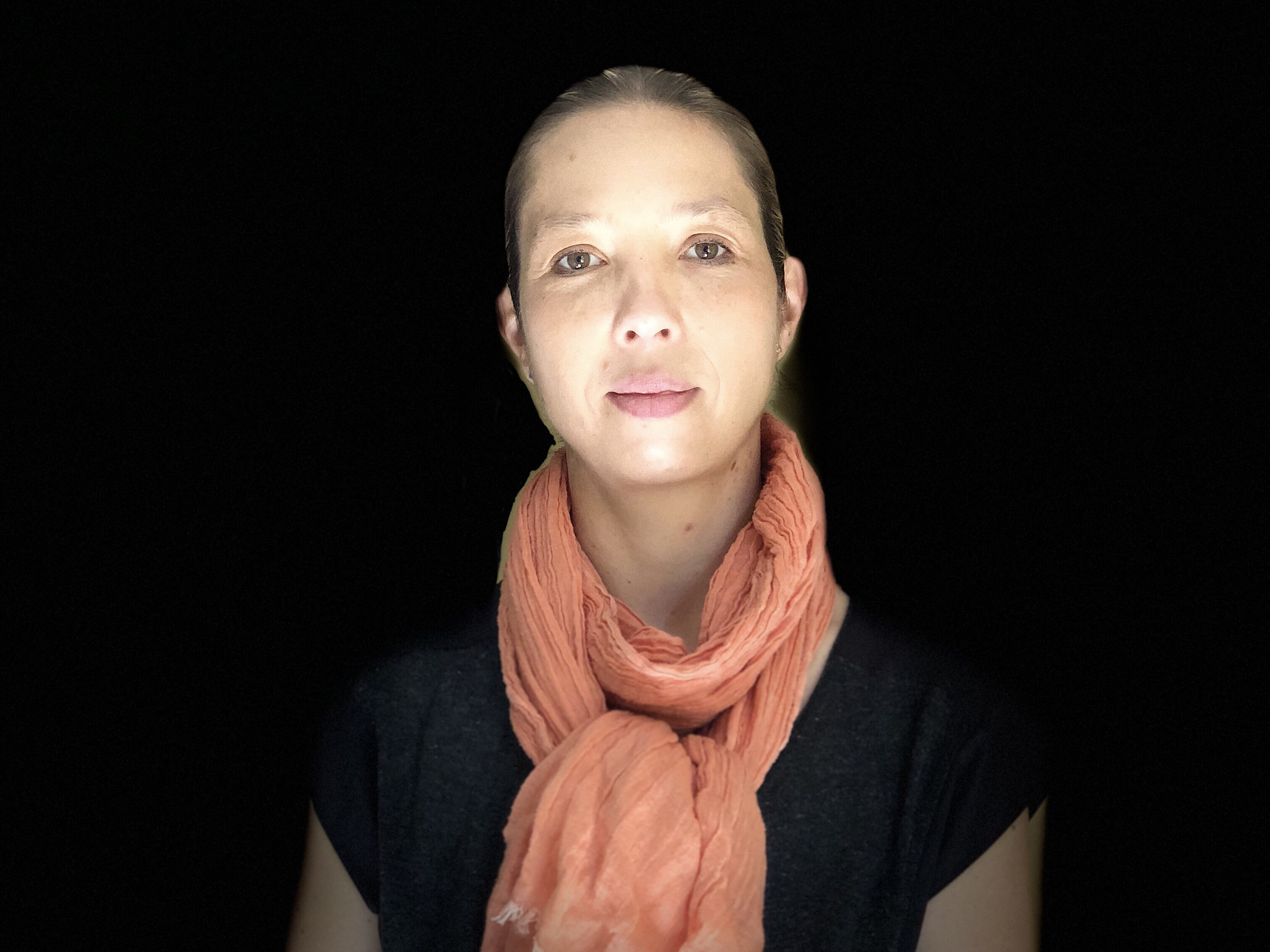
Children and Women Knowledge Revitalization in Times of Climate Crisis
Dr. Cristina Delgado Vintimilla, Faculty of Education (MCR)
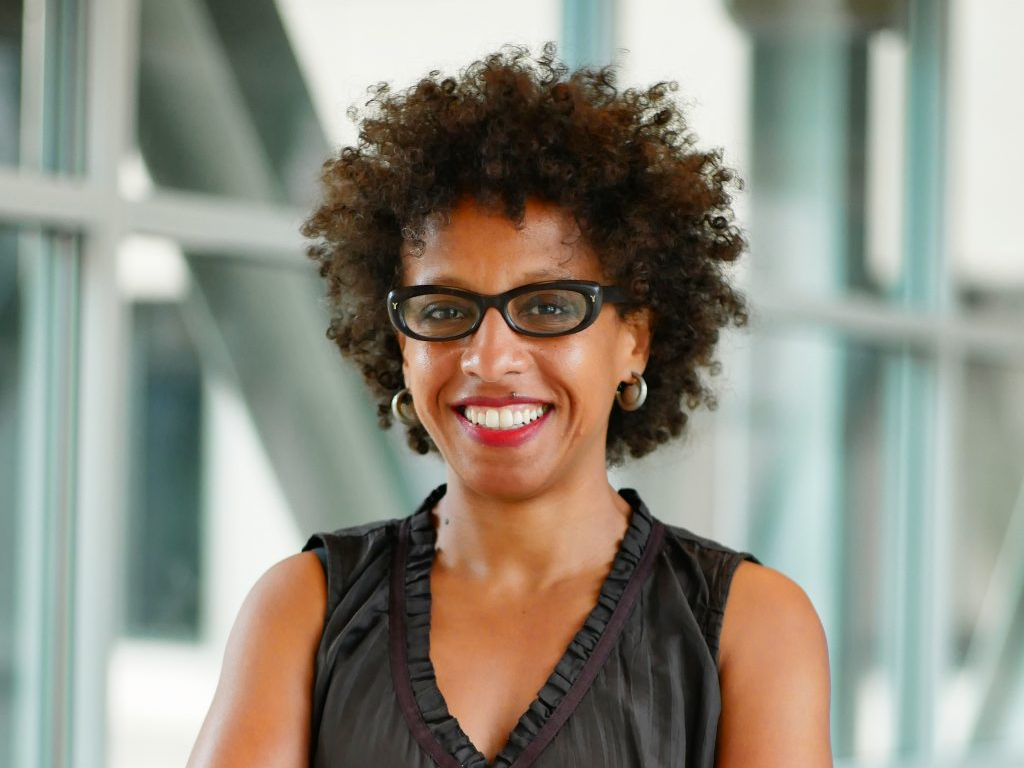
Extreme Weather and Travel Behaviour Changes
Dr. Mahtot Gebresselassie, Faculty of Environmental and Urban Change (ECR)
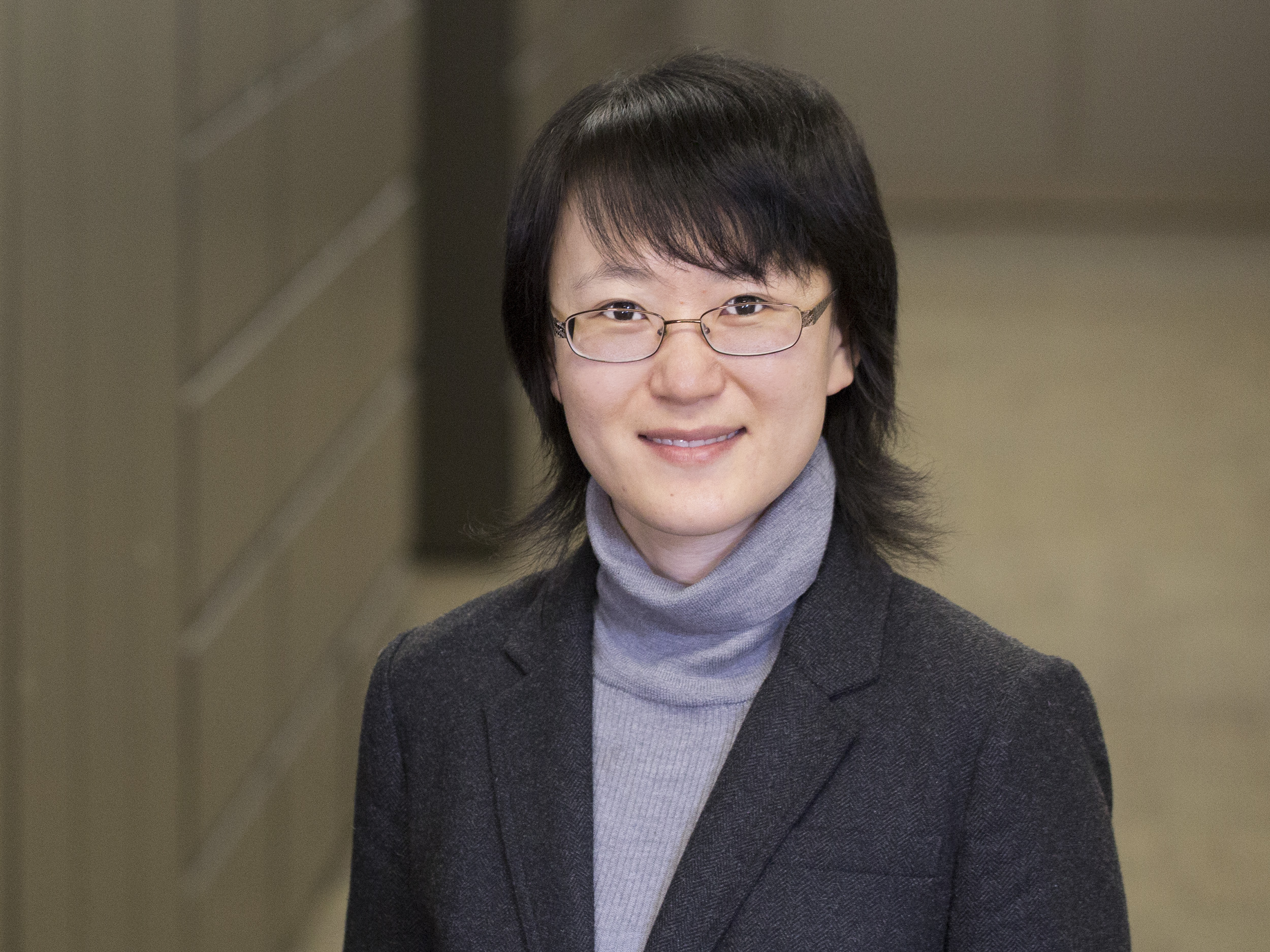
Shaping the Future of AI: Artificial Intelligence Governance in Global Dynamics
Dr. Muyang Li, Faculty of Liberal Arts & Professional Studies (ECR)

Deepening International Collaboration on Essential Technologies for Autonomous Systems
Dr. Jinjun Shan, Lassonde School of Engineering

Probing the early University using Large Scale Radiation Hydrodynamic Simulations
Dr. Rahul Kannan, Faculty of Science (ECR)
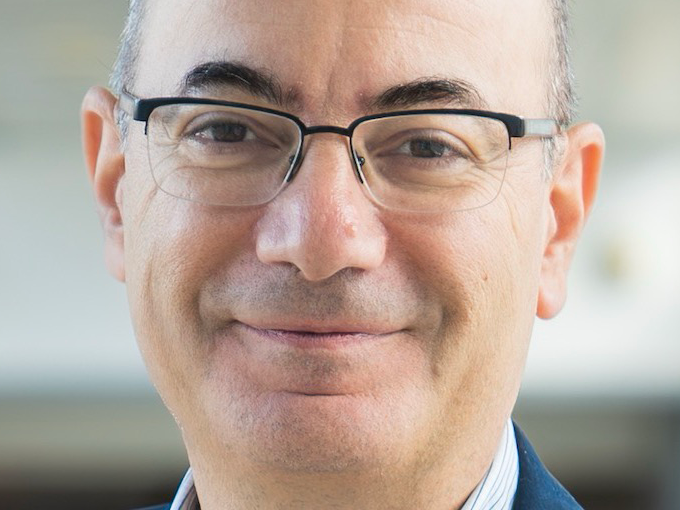
A Multi Disciplinary Approach to Technology, Society and the Future of Marginalized Communities
Dr. Christo El Morr, Faculty of Health
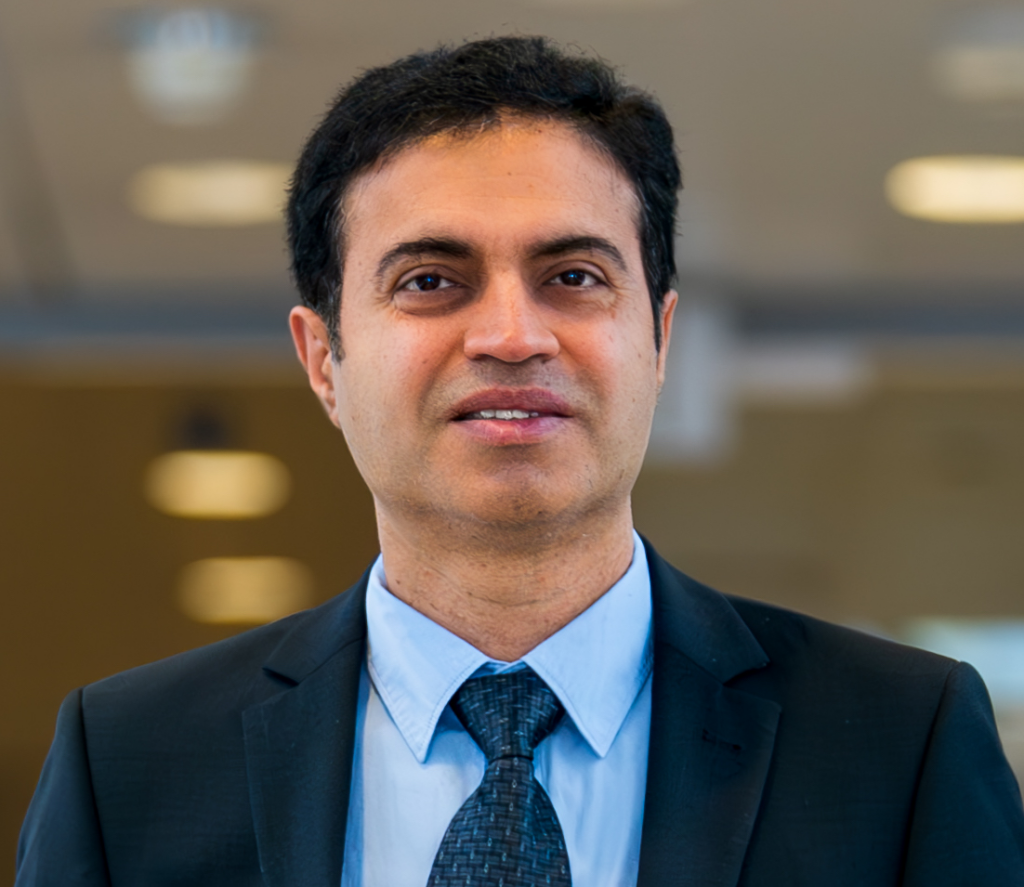

Transnational Knowledge Practices after Covid-19: Social media networks of young Indian migrants
Dr. Tania Das Gupta, Faculty of Liberal Arts & Professional Students
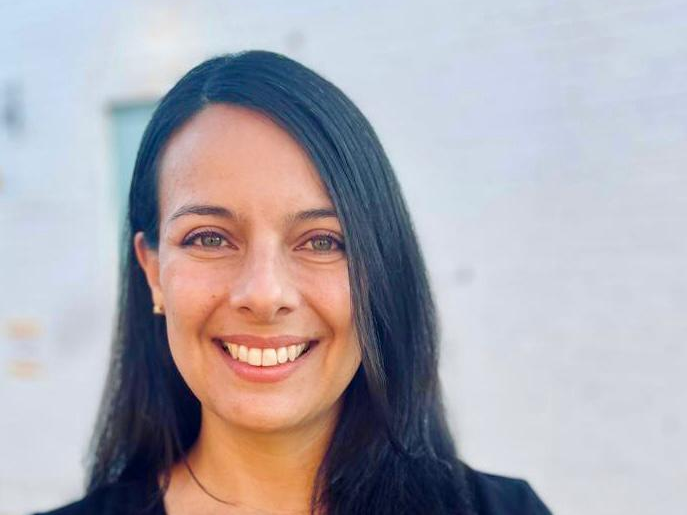
Navigating Infrastructural Disrepair
Dr. Luisa Sotomayor, Faculty of Environmental and Urban Change
Dr. Shubhra Gurani, Faculty of Liberal Arts & Professional Studies

Securing Arctic Futures with Indigenous-led Digital Presence
Dr. Anna Hudson, School of Arts, Media, Performance and Design

